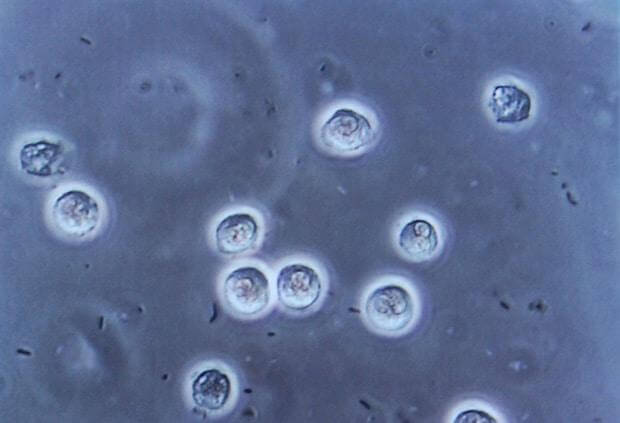Selecting a reliable form of birth control is an important part of practicing safe sex. If you've considered spermicidal lubricants as a supplement to condoms, birth control pills, or another contraceptive, you should understand how these products work before making your selection.
Simultaneously, spermicides are somewhat effective; there are a few drawbacks to keep in mind. Several common lubricant ingredients have spermicidal qualities:
Nonoxynol-9

By far, the most common spermicide in over-the-counter products, nonoxynol-9, works by immobilizing sperm, preventing them from reaching the eggs. While nonoxynol-9 is effective when applied in a high concentration, it has several unintended side effects.
A study published by the American College of Obstetricians and Gynecologists (ACOG) found that nonoxynol-9 negatively affects some Vaginal flora and may increase yeast infections in regular users.
Nonoxynol-9 can also cause topical irritation, and some studies suggest that it increases the risk of transmission for HIV and some other sexually transmitted infections.
Benzalkonium Chloride
A biocide, benzalkonium chloride, is commonly found in creams and gels. It is not as common as Nonoxynol-9, although it uses the same mechanism of action. Some lube contains benzalkonium chloride (also known as ADBAC) as a preservative since it prevents microorganism growth.
Preservative Acids
Other lube ingredients can have spermicidal effects, although these are typically secondary. For instance, lactic acid and citric acid may act as spermicides, but these ingredients are used for their preservative properties.
Fertility-friendly lubes are often pH balanced and contain a limited number of ingredients to maximize the chances of conception. The presence of one or more of these ingredients doesn't guarantee contraceptive properties. Never assume that your lube will prevent pregnancy, even if it's marketed as a spermicide.
Are Spermicidal Lubricants Effective?

It's difficult to gauge lubricants' effectiveness since there's no such thing as a standard amount of lube. The concentrations of spermicidal ingredients also vary from one product to the next. By some estimates, spermicide failure rates range from 5 to 20 percent, with many variables affecting the results.
Some studies suggest that spermicidal lubricants aren't effective enough to warrant regular use. A review of five randomized control trials published by the World Health Organization noted no evidence that spermicide-coated condoms provide any additional protection from pregnancy instead of non-coated condoms.
However, those studies focused more on STI transmission than on pregnancy prevention. It's also important to note a distinct difference between spermicidal lubricants and standalone spermicide products: most spermicides are applied before sex begins by using an applicator inserted directly into the vagina.

Spermicidal lubricants aren't used in the same way and don't provide the same protection. People at high risk of HIV transmission should not use spermicidal lubes since most products contain nonoxynol-9. This includes any person who has sex with multiple partners.
Always use condoms to prevent sexually transmitted infections, and if you decide to use spermicidal lubes, use them only as a backup. Due to limited research and questionable efficacy, they're not suitable as a primary form of birth control.












